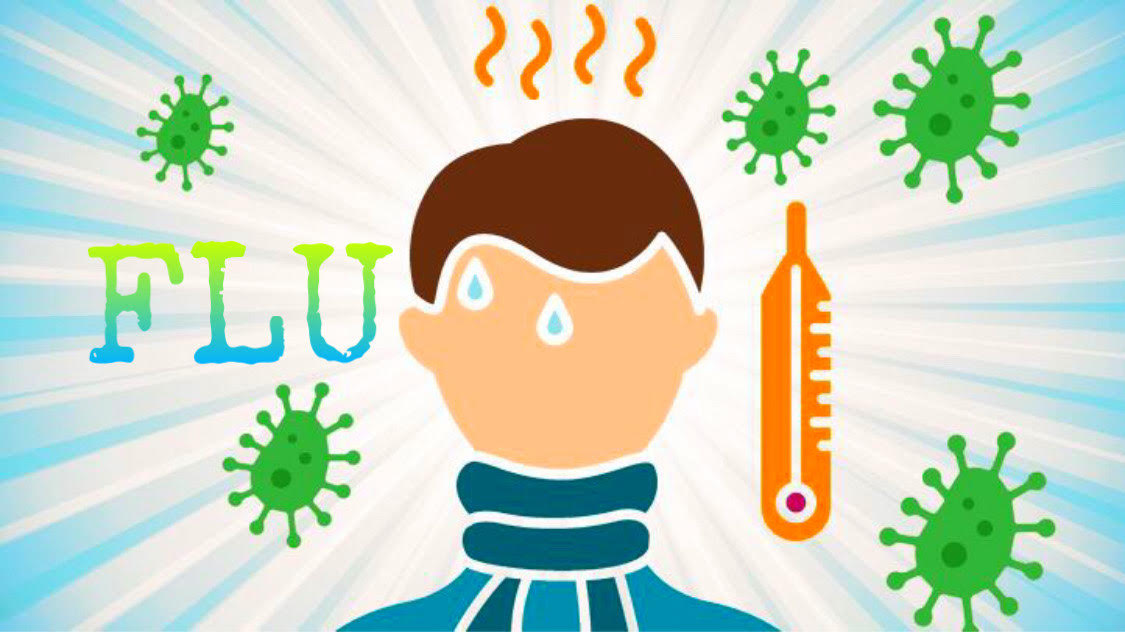


Influenza (also known as “flu”) is a contagious respiratory illness caused by influenza viruses. It can cause mild to severe illness, and at times can lead to death. An annual seasonal flu vaccine is the best way to help protect against flu. Vaccination has been shown to have many benefits including reducing the risk of flu illnesses, hospitalizations and even the risk of flu-related death in children.
How do flu vaccines work?
Flu vaccines cause antibodies to develop in the body about two weeks after vaccination. These antibodies provide protection against infection with the viruses that are used to make the vaccine.
Who should get vaccinated ?
What kinds of flu vaccines are available?
-Flu shots- are vaccines given with a needle usually in the arm
-Quadrivalent Flu Vaccine- protect against four different flu viruses namely influenza A(H1N1) virus, an influenza A(H3N2) virus and two influenza B virus .
-High-Dose Flu Vaccine-contains 4 times the amount of antigen (the part of the vaccine that helps your body build up protection against flu viruses) as a regular flu shot and is licensed specifically for people 65 years and older.
-Cell-Based Flu Vaccine-are grown in cultured cells of mammalian origin instead of in hens' eggs.
-Nasal Spray Flu Vaccine-Live Attenuated Influenza Vaccine [LAIV] is given as a nasal spray.
-Flu Vaccination by Jet Injector- is approved for use in people 18 through 64 years old.
- Vaccine Adjuvanted flu vaccine- is made with an ingredient added to a vaccine that helps create a stronger immune response and is licensed specifically for people 65 years and older.
-Recombinant Flu Vaccines-are produced using a method that does not require an egg-grown vaccine virus.
Conclusion
Any flu infection can carry a risk of serious complications, hospitalization or death, even among otherwise healthy children and adults. Therefore, getting vaccinated is a safer choice than risking illness to obtain immune protection.
